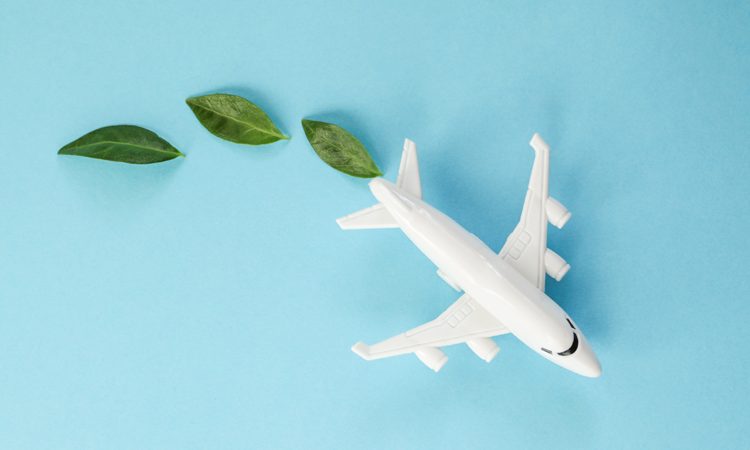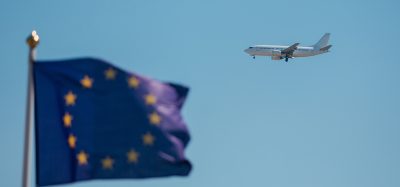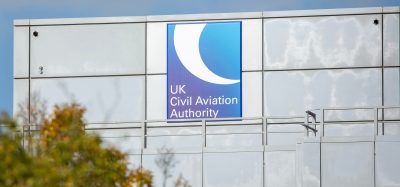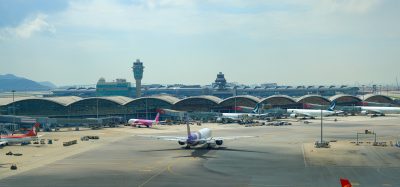Cebu Pacific becomes first Phillipine carrier to incorporate SAF
- Like
- Digg
- Del
- Tumblr
- VKontakte
- Buffer
- Love This
- Odnoklassniki
- Meneame
- Blogger
- Amazon
- Yahoo Mail
- Gmail
- AOL
- Newsvine
- HackerNews
- Evernote
- MySpace
- Mail.ru
- Viadeo
- Line
- Comments
- Yummly
- SMS
- Viber
- Telegram
- Subscribe
- Skype
- Facebook Messenger
- Kakao
- LiveJournal
- Yammer
- Edgar
- Fintel
- Mix
- Instapaper
- Copy Link
Posted: 7 October 2022 | International Airport Review | No comments yet
Cebu Pacific has become the first Philippine carrier to incorporate sustainable aviation fuel in its commercial operations.


Cebu Pacific (CEB), on 5 October 2022, operated a Singapore to Manila passenger flight powered by sustainable aviation fuel (SAF), becoming the first Philippine carrier to incorporate SAF in its commercial operations.
The leading Philippine carrier’s maiden SAF flight was operated with an Airbus A321neo, using 35 per cent blended SAF.
“SAF will help the aviation industry reduce its carbon emissions,” commented Alex Reyes, Chief Strategy Officer at Cebu Pacific. “We encourage more producers to increase the supply of SAF in the region. Our first passenger flight using SAF is a culmination of months of cooperation with valued partners and is an important component of our sustainability programme.”
The send-off event at Singapore’s Changi International Airport (SIN) Terminal 4 was marked with Filipino festivities to showcase Philippine culture and celebrate an important milestone in Cebu Pacific history.
“We applaud Cebu Pacific for taking the first step on their SAF journey and are honoured that they have chosen to do so from Changi Airport. Changi Airport Group (CAG) looks forward to supporting more airlines on their SAF journey, to power sustainable air travel together,” added Yeo Kia Thye, Managing Director, Airport Operations Planning and Airside at Changi Airport Group.
A day before the commercial flight, Cebu Pacific signed a Memorandum of Understanding (MOU) to explore the supply and purchase of SAF in Asia-Pacific and the Middle East, with an initial supply volume of at least 25ktǂ per year.
SAF is a ‘drop-in’ replacement for fossil fuels made up of 100 per cent renewable waste and raw materials, such as used cooking oil and animal fat waste. Using SAF results in up to 80 per cent reduction in carbon emissions over the fuel’s life cycle. The chemical and physical characteristics of SAF are almost identical to those of conventional jet fuel, and these can be safely mixed with regular jet fuel to varying degrees. SAF does not require any adaptations to the aircraft or engines and does not have any negative impact on performance or maintenance.
CEB used SAF for the first time in May 2022 on a delivery flight of a brand new A330neo from France to the Philippines. In line with its sustainability initiatives, blended SAF will be part of the standard procedures in all future Airbus NEO deliveries.
For the maiden SAF flight, Cebu Pacific utilised its A321neo, which belongs to the A320neo Family. It offers the widest single-aisle cabin in the sky and incorporates the latest technologies, including new-generation engines and Sharklets, delivering a 20 per cent reduction in fuel consumption per seat, compared to previous generation A320 aircraft. As with all in-production aircraft, the A320neo family is certified to operate with a 50 per cent SAF blend and Airbus is committed to enabling the use of up to 100 per cent SAF by 2030.
Cebu Pacific will take delivery of one more A33Oneo in November 2022 and one A320neo aircraft in December. As part of the airline’s sustainability efforts, it aims to transition to an all-NEO fleet by 2028 and incorporate the use of blended SAF for its entire commercial network by 2030.
The airline’s sustainability goal is aligned with global aviation’s goal of achieving net zero carbon emissions by 2050.
Related topics
Airside operations, Emissions, New technologies, Passenger experience and seamless travel, Sustainability, Sustainable Aviation Fuel (SAF), Sustainable development


















